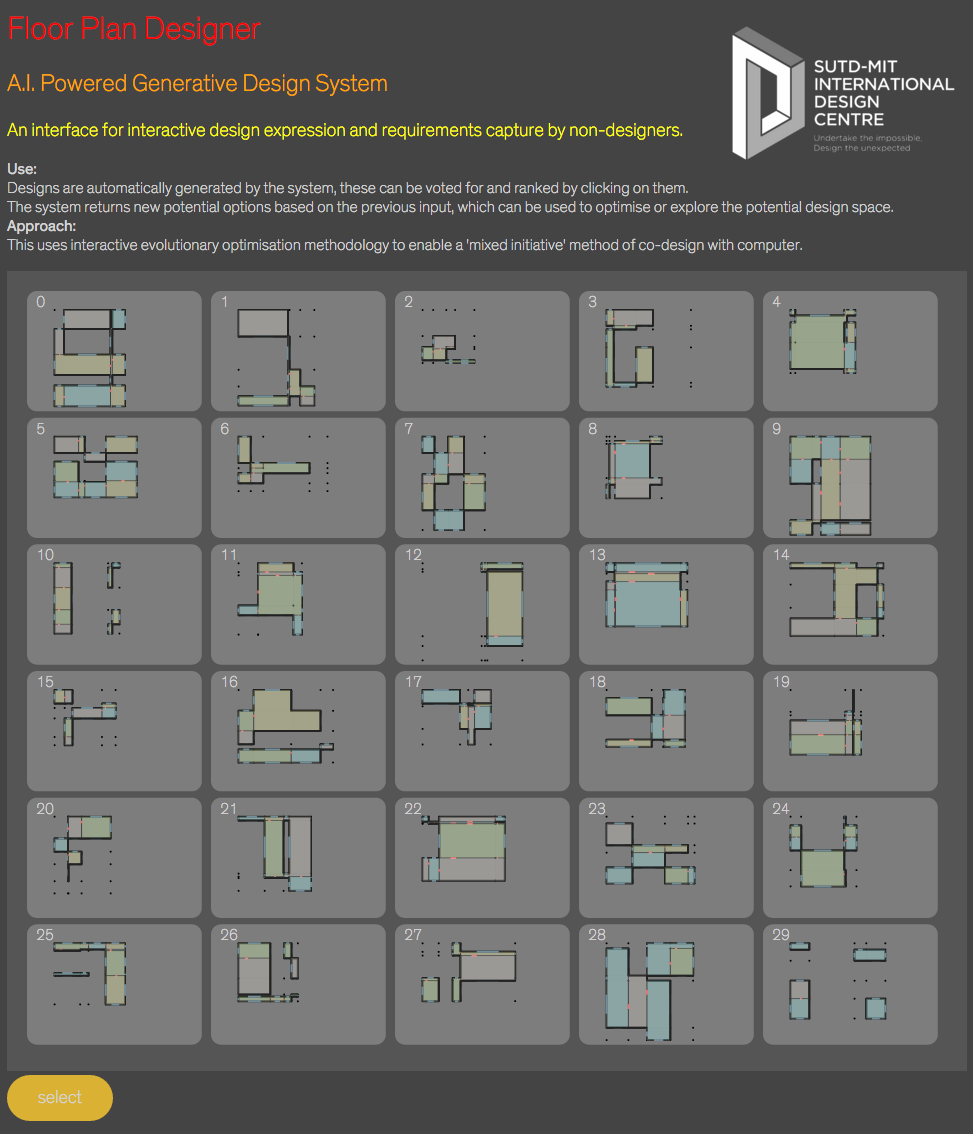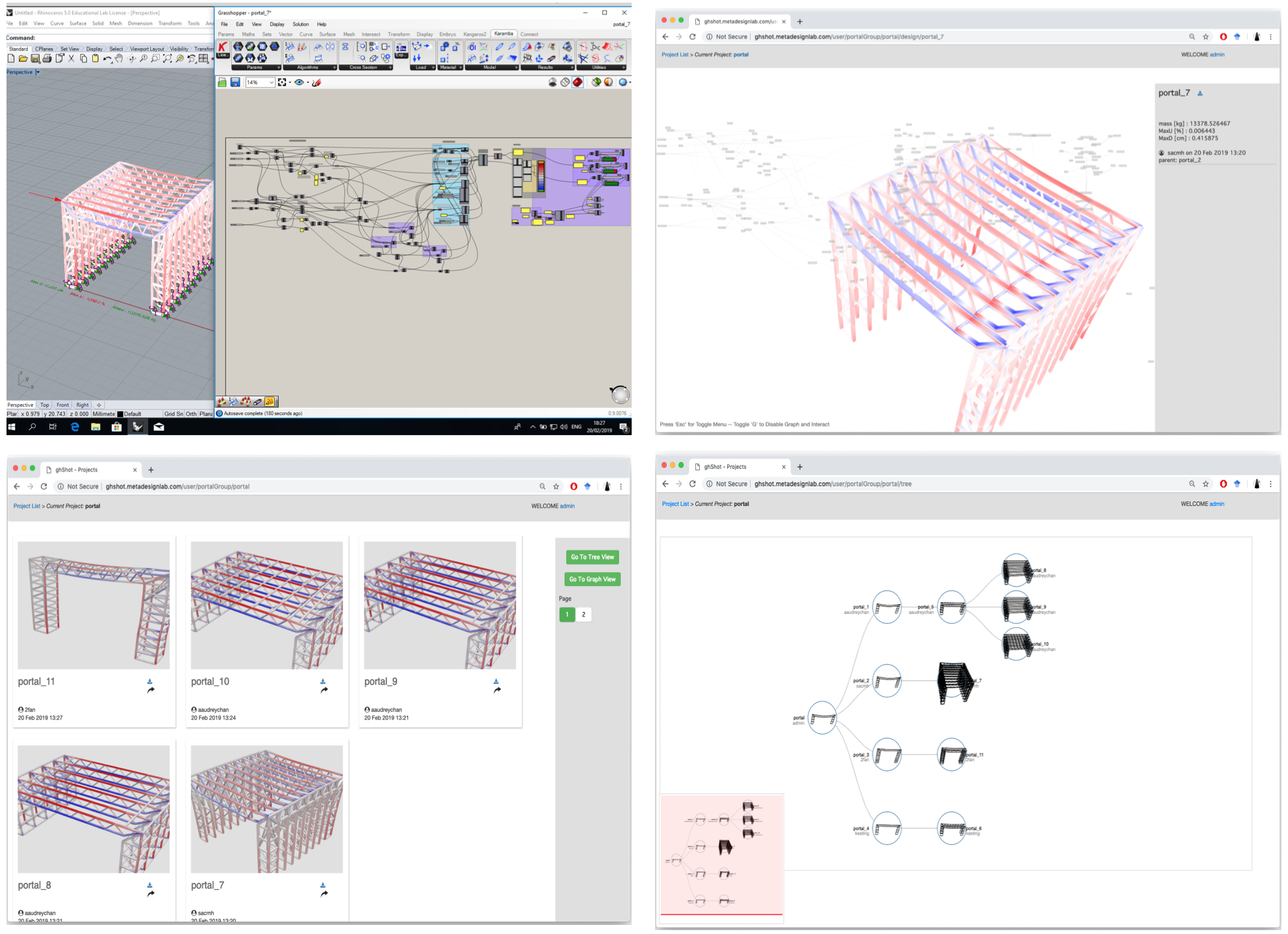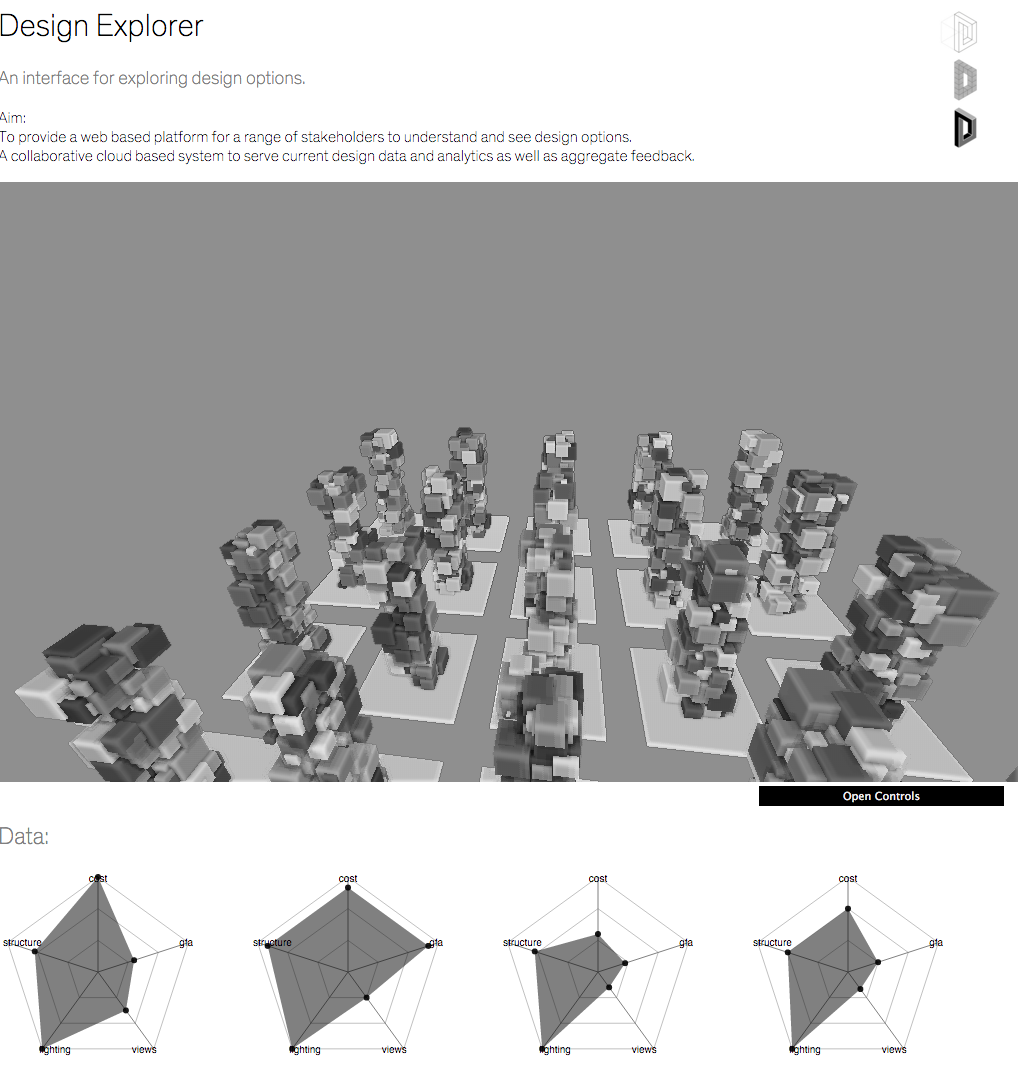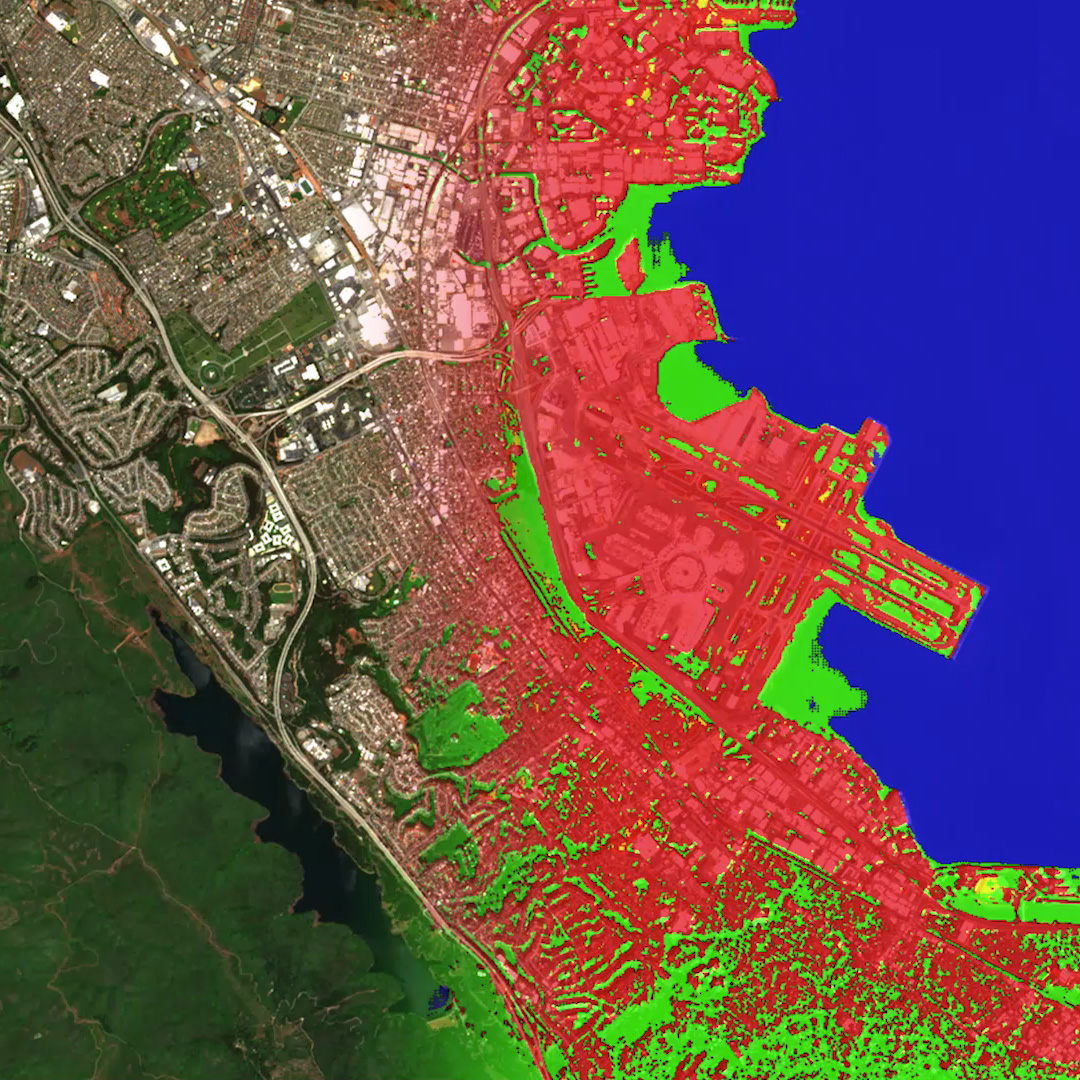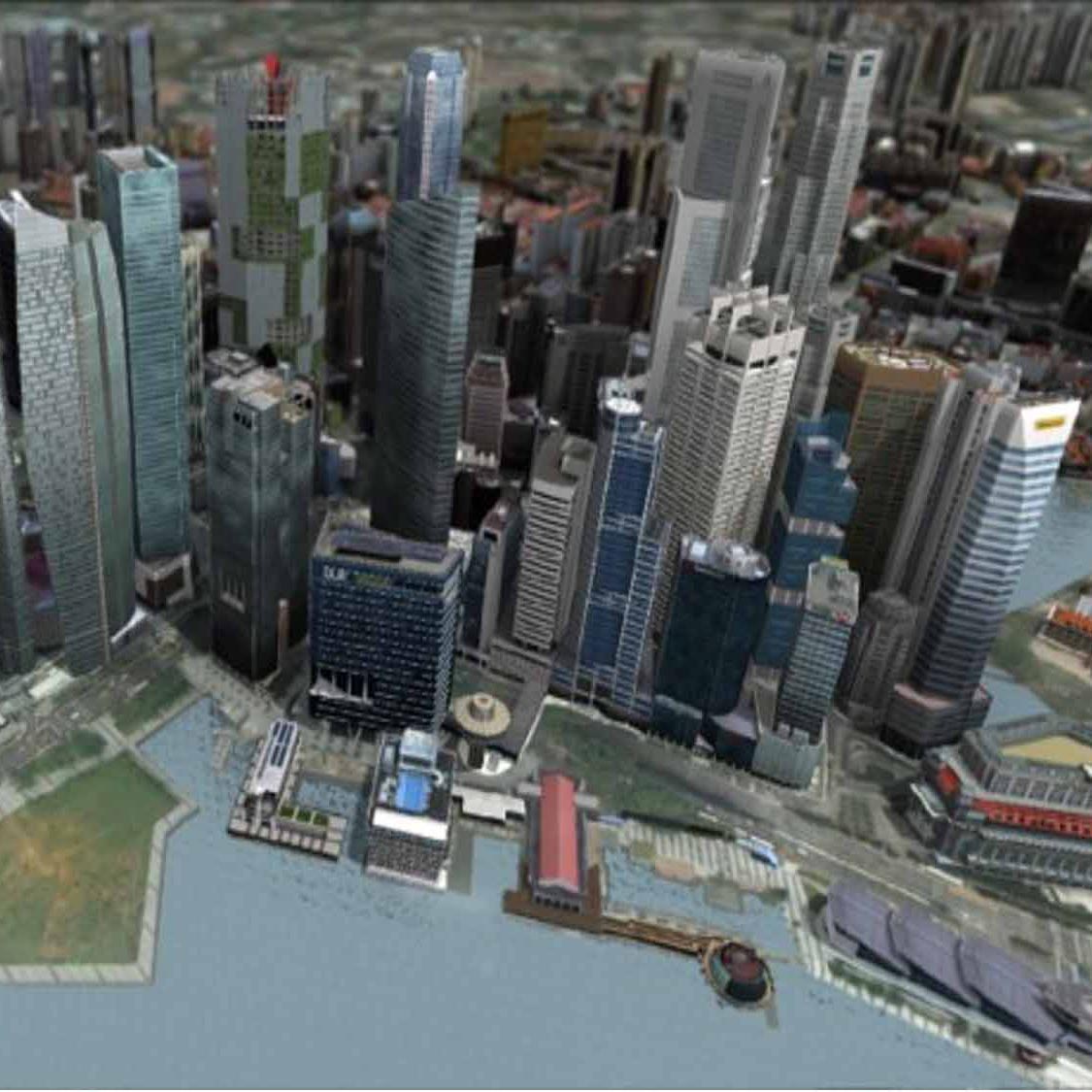Automated Design Space Exploration
A project proposing new ways to design, it looks at the application of machine
learning and optimisation to drive the investigation of design options.
Taking parametric generative systems as a starting point this project aims to identify and
implement means for designers and also non-specialists to influence design by giving
high-level feedback on concrete, interactively generated options.
This input is embedded in a larger "mixed-initiative" process which uses machine learning to
model user preferences (both individual and collective) as well as using optimisation to
produce high performance designs.
Mass Participatory Design
Project investigating the use of the web as a medium to allow for wider input on
architectural schemes.
Utilising the massive capabilities of ubiquitous modern web technology this project
explores the potential of web connected computational systems to undertake far reaching
user participation for design proposals, option selection and change generation.
This project aims to develop especially tailored web interfaces and server back ends to
help wider communities (end-users, local-residents, general public) have real impact on
design beyond typical client input and public exhibitions, by providing a web platform
that allow them to interact with, comment on and edit 3D environments.
Current work focuses on the development of "GH Shot" cloud based a versioning capture
system similar to Github but for parametric software Grasshopper.
Data Visualisation for Design Decision Making
This project proposes a research program that investigates and develops a
‘decision-making first’ centric methodology for developing data-visualization
in design and decision-making context.
Typically, with buildings, master plans or government initiatives there is a
complex set of stakeholders with executive power.
This project aims to research and consider what types of visualizations are
required to provide the best insight to help these people make these decisions.
Fitting data to decisions rather than fitting visualizations to data.
The research combines existing work with new industry focused experiments aimed
at finding the limits oh human visual processing power and the most optimal
approaches to data comprehension under typical design situations.
Current work focuses on developing software tools and advice documentation
for data heavy design use.
Aviation : Horizon 2050
A project is a topic thrust as part of wider aviation sector center of excellence at SUTD. The thrust focuses on the future of aviation terminal design towards the middle of this decade, specifically in the growing South East Asia region. It aims to research the 5 key scales of airport design: global, city, terminal, building, and user-experience in a progressive and connected way. Initially finding insight relating to future aviation terminals; looking at world economic and demographic trends, leading to aviation demand predictions, in parallel exploring technological disruptors to existing airport and airport-city-interfaces such as infrastructure and transportation innovation; translating this into effects on the terminal to allow the presentation of new proposals for novel adaptive airport and terminal building forms relevant to the South East Asian environment.
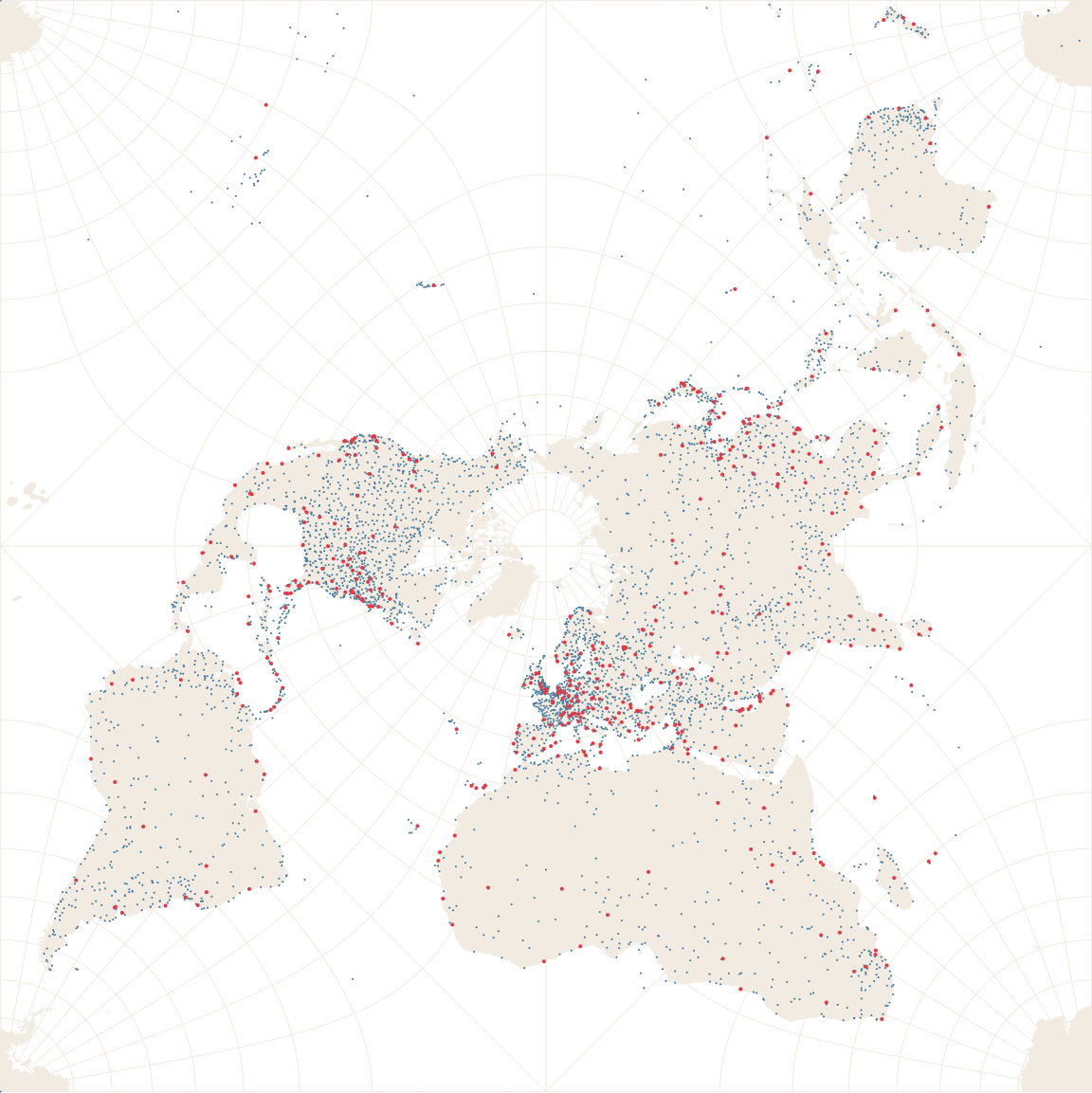
Aerial Image Processing and A.I. for Urban Analytics
A project that explores the use of satellite and aerial images as a basis for urban analytics and informed urban design. Research has built a data gathering workflow and computational tool that is able to generate large aerial data sets to enable comparative studies of urban features or specific building typologies. Using these data sets and train classifiers able to identify land use and other urban scale features the system is able to develop large scale site surveys around the world, enabling a new way to compare existing designs against geographies and temporal changes. Further work looks to use this corpus of data to enable generative machine learning to support new designs based on existing solutions.
Digital Twin – Virtual Singapore
A project supported by National Research Foundation, GovTec Singapore, and Singapore Land Authority, supporting the strategic development, expansion, training, and strategic feedback on Singapore’s Virtual Singapore digital twin developments. Meta Design lab works as a technical lead, working with the SUTD International Design Centre. Developments include expanding Virtual Singapore with capability to measure 15min city heuristics. And a AI driven design tools for future planning development prediction and interactive design driven by Generative Adversarial Networks.
Urban Big Data
We are actively engaged in a number of big data projects.
These focus on how big data can be leveraged as a design tool.
This is focused in two primary directions:
firstly using social data to find insight into relationships and trends between people and the
design of the existing built environment.
Secondly using big data to propose and tune new and novel design solutions based on existing data.
Currently this research focuses on fusing spatial mapping and social media data.
This enables generates relationships between the two and enables more objective verifiable
correlations between design configurations and social use and engagement with space.
Spatial data at a range of scales from urban and infrastructural, building and master plan,
through to office space design.
Social data comes from both public sources relating to interaction between participants,
private messaging as well as corporate and institutional networks.
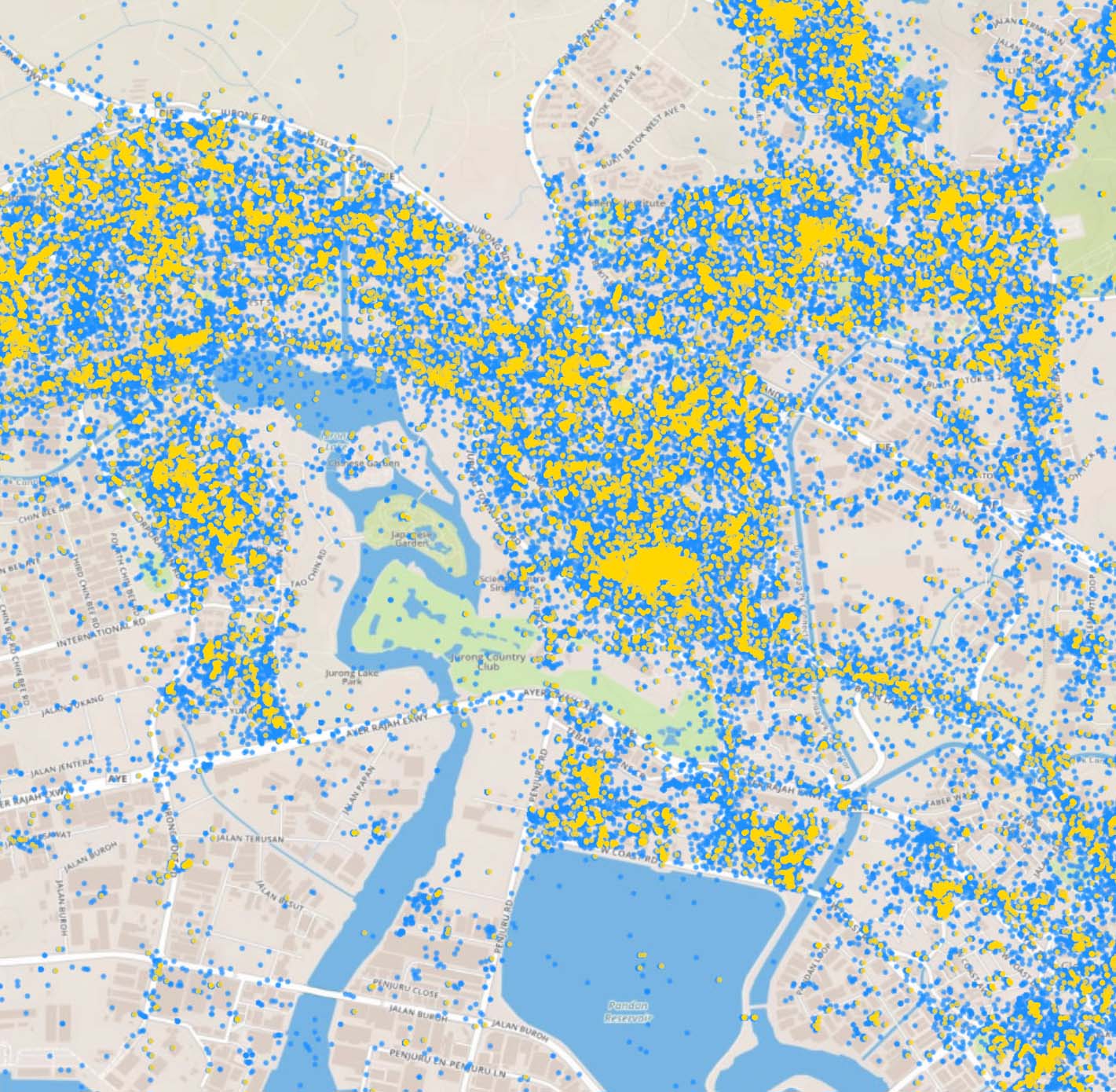
Urban Spatial Use Tracking Analytics
We have a number of active projects that explore methods of obtaining novel
urban and building use data of public spaces.
This data is being used to obtain real life input on actual user behaviours.
Focusing on current issues of urban safety and wellness.
We have developed automated processing flows for CCTV image processing, using
the latest in Computer Vision and Machine Learning to identify people things and
the actives between them. And visual analytics to obtain insight into the daily
use of spaces, identifying areas that can be improved.
Current applications focus on safer walking for elderly residents by reducing
interactions with faster path users for Tampines Town Council and Changi General Hospital.
And benchmarking communal play and leisure space usage for the National Parks Board.
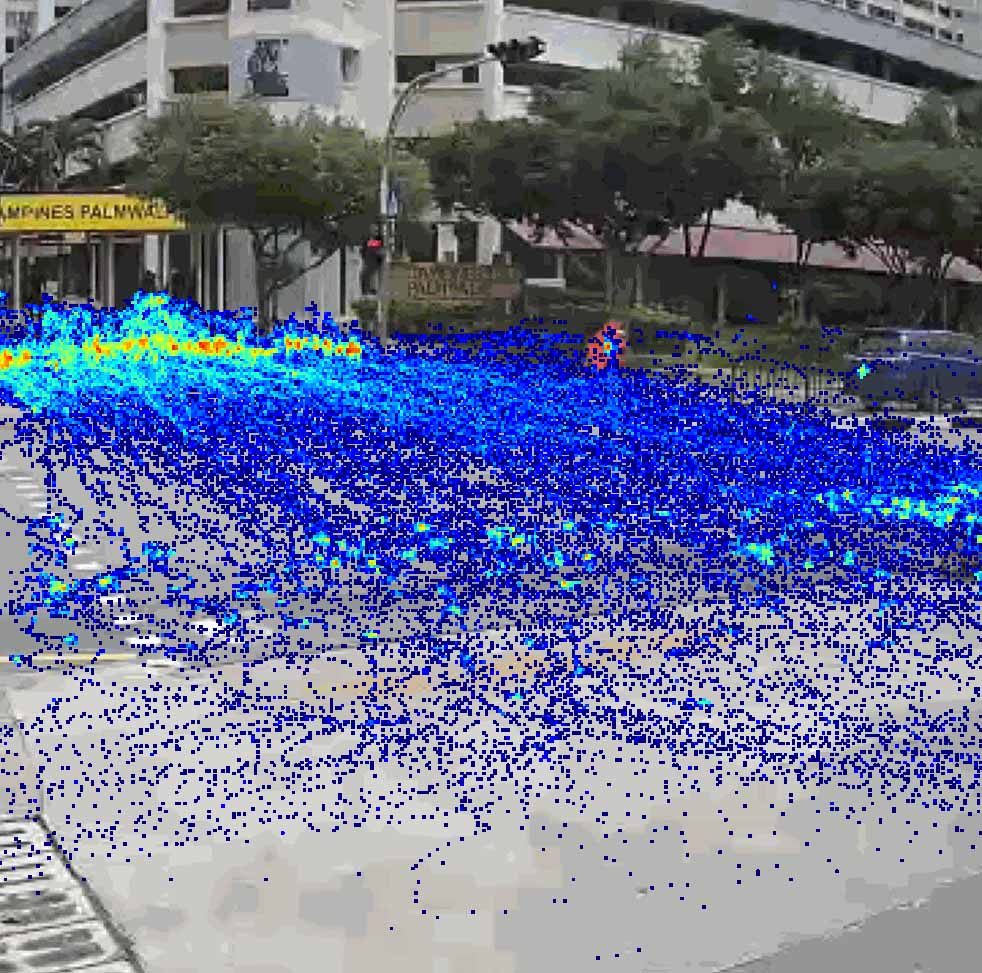
Future of the Office
We are usig our expreince in desinging offices to investiagte what future
'New Normal' offices and work will look like.
Talking an approach that uses concepts and analytic methods like Soical Physicas
and weak ties.
We we working with the Lee Kuan Yew Centre for Innovative Cities to understand
how working form home might effect important social buiness connections
and how though careful design and human interaction we can have work that
support diffrent working modes though novel office concepts.
Using surveys, and travel data to understanding communing and social behaviour.
And modelling these interactions to obtain insight into new configurations.
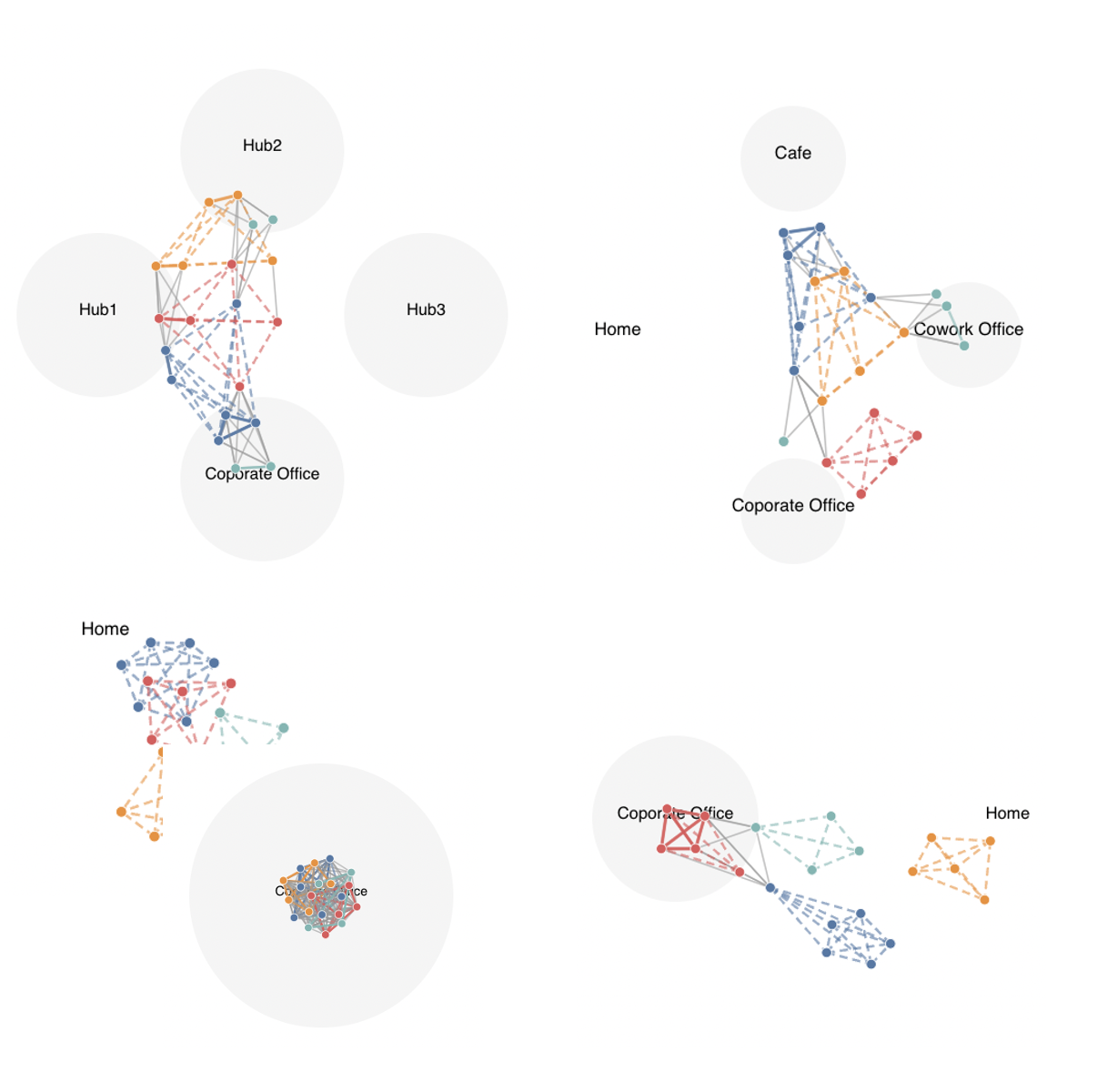
BIM Automation and Machine Learning
A project in conjunction with a global consulting engineering firm, leveraging
their large database of existing Building Information Models (BIM), and aiming
to turn large amounts of unruly data into insight and useful tools.
We do this by utilising analytics and big data visualisation to gain a better
understanding of BIM models. The analytics and visualisations are accessible,
as collaborative effort is desired. These are then extended to developing
predictive machine learning which helps as assistive technology for greater
BIM productivity and model verification.
Any ideas?
Got any interesting topics you would like us to look at or collaborate with us on?
We'd be keen to hear from you.
Talk to us : sam_joyce[at]sutd.edu.sg
© META Design Lab
Singapore University of Technology and Design, 8 Somapah Rd, Singapore, 487372
T: +65 6499 7454 E: sam_joyce [at] sutd.edu.sg | andre_chaszar [at] sutd.edu.sg
